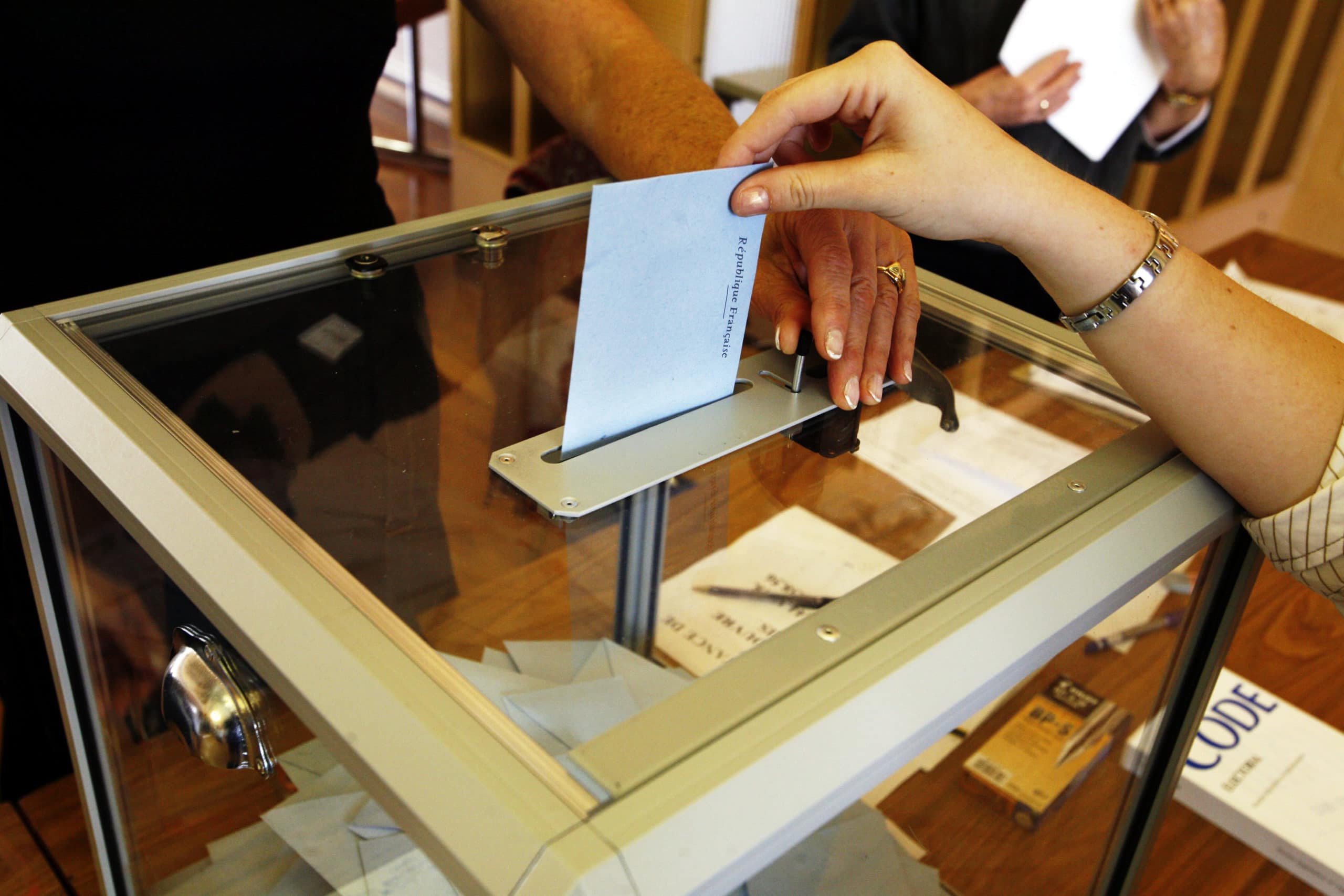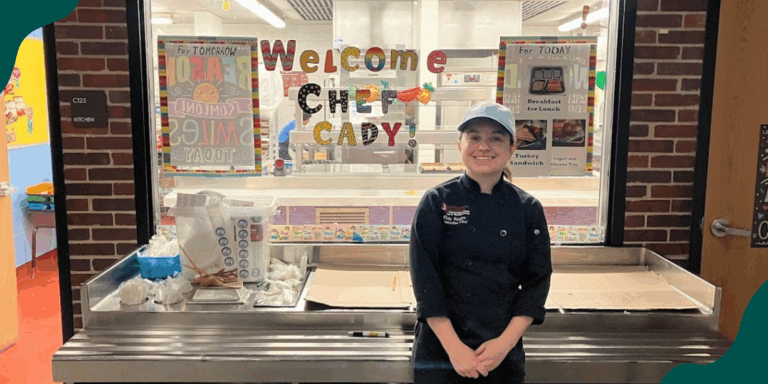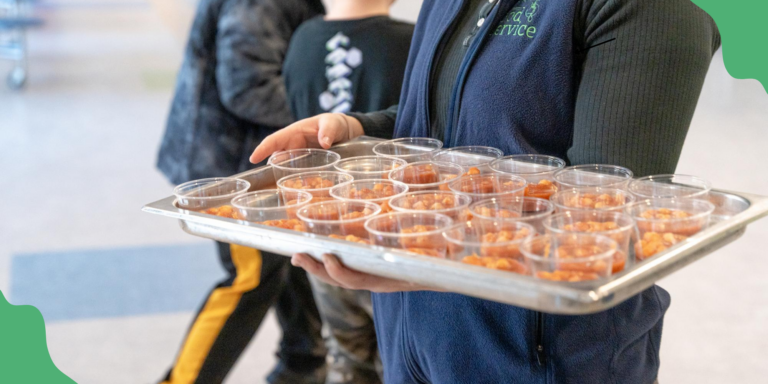3 Reasons Why Your Vote in Local Elections Matters
Local elections impact issues you care about in more ways than you think.
Local elections impact issues you care about in more ways than you think.

It’s election season—and we don’t mean the presidential race. While it may be hard to escape nonstop media coverage of the presidential debates and campaigns, let us pause for a moment and talk about the important local elections happening much closer to home, much sooner.
Local elections are taking place in many parts of the country—from governors and state legislators to city councils and school boards, and many more. If you’re thinking, “Meh, the local elections don’t really matter,” think again.
Policymaking at the municipal and state level impacts you and issues you care about—like nourishing meals in school—in more ways than you think. Read on to find out why voting in local elections matters, and make your voice heard on Election Day!
Not sure if you’re registered to vote? Find out! You can also find your local elections.
While policy discussions often focus on decisions made in Washington, D.C., local and state governments play a big, if not bigger, role in making decisions that affect each one of us on a daily basis—from education and health care to infrastructure and housing. What’s on your local ballot addresses who will decide how much money your local schools will receive, whether highways and roads are kept safe, and how public transportation works in your community.
This is also an opportunity for you to have a say in how your tax money is allocated and spent. That’s no small decision: Local and state governments spend about $3 trillion each year.
And when it comes to school food, state agencies and school districts administer and manage school meals programs, which means they have decision-making power over what kids eat at school in a way that the federal government does not.
Did you know that landmark federal policies like marriage equality and women’s suffrage originated at the local or state level? The fight for social change often starts small in our communities, shaping public policy from the ground up. You can help drive the change you want in your community by making your voice heard in your city council or school board.
School food policy is no exception. Many school districts, cities, and states are already leading the way in creating a healthy, equitable, and sustainable food system. For example, many of the nation’s largest school districts, like Atlanta, Boston, Chicago, Dallas, Detroit, and New York City, have made school lunch free for all students, making the idea of school meals for all a reality. Also, an increasing number of cities across the country have committed to shifting public purchasing toward healthy and sustainable food by adopting programs like the Good Food Purchasing Program. Local elections can impact all of these decisions.
At the state level, many states have passed the Breakfast After the Bell legislation, ensuring that kids are starting their school day nourished and ready to learn. And states like Michigan and New York are making it easier for schools to purchase locally grown fresh fruits and vegetables.
If you’re still not convinced that your voice matters in local elections, take a 2017 Virginia House of Delegates election that ended in a tie. A winner was decided by drawing a candidate’s name from a bowl. What’s more remarkable about this election is that this tiebreaker ultimately decided which party controlled the House. There are a handful of other instances in U.S. history where a single vote decided an outcome of an election.
Voter turnout in odd-year elections—often called “off-year” elections, as they happen between presidential and mid-year elections—is historically low. Only one in five voters typically cast their ballot in local elections, while one in two participate in the presidential race. This means your vote really does make a big difference. In fact, it might just decide the fate of the election.
Want to learn more about FoodCorps’ policy work? Visit our Policy Action Center.
FoodCorps is a non-partisan, non-profit organization. No federal funds are used to prepare or distribute any advocacy actions. A note for FoodCorps service members: As Americans, you may choose to exercise your rights to advocate for change. Please be careful to ensure compliance with the AmeriCorps rules and make your voice heard as a private citizen rather than a representative of FoodCorps.

The Policy Brief: 2025 State Policy Updates

Alumni Spotlight: Cady Molloy, School District Executive Chef

6 Careers in Food That Make a Difference